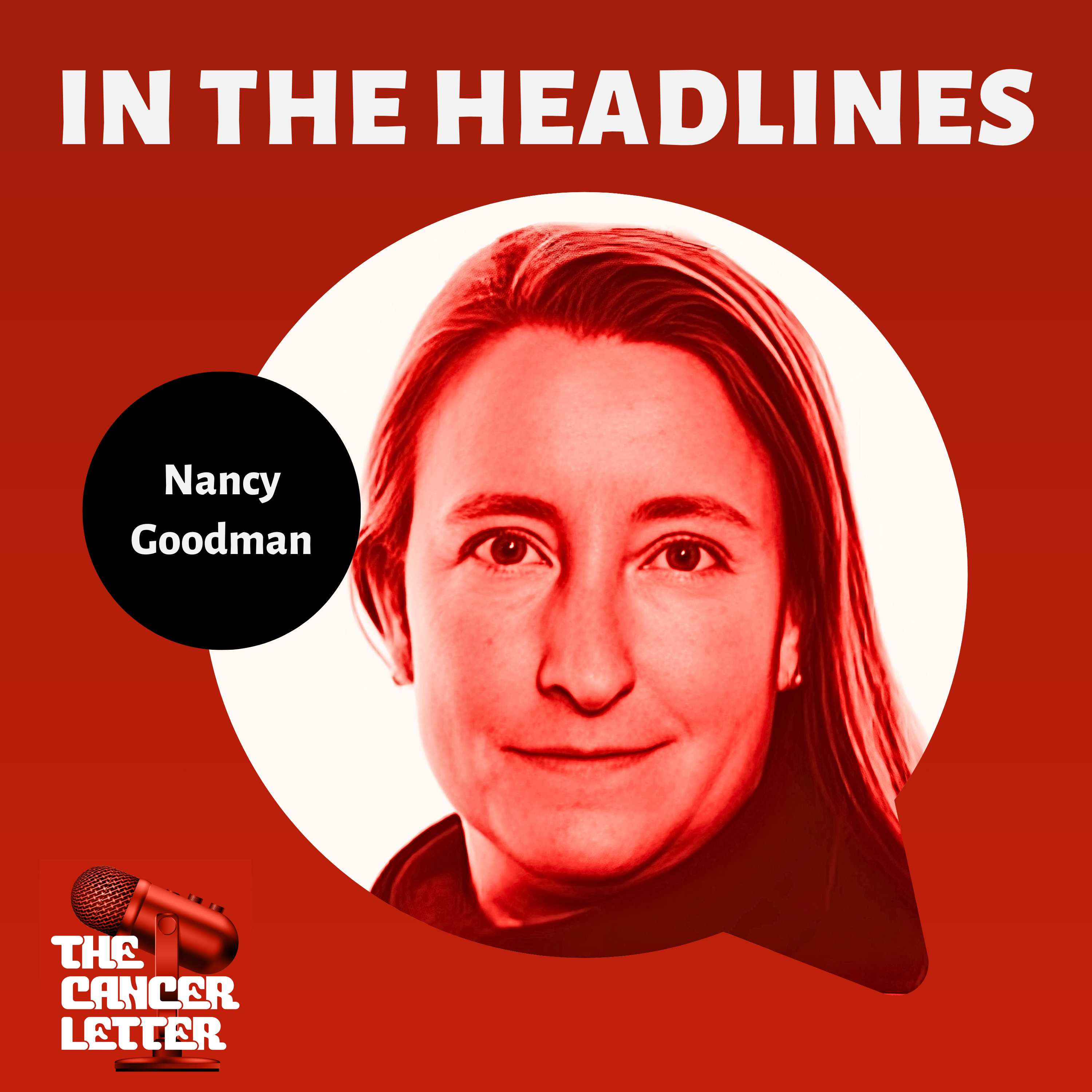The Cancer Letter
Podcast Description
The Cancer Letter, an independent weekly news publication, has been the leading source for information on the issues that shape oncology since 1973.
With a dedicated audience of oncology’s leaders, The Cancer Letter stays on top of breaking news and advances in oncology, providing authoritative, award-winning coverage of the development of cancer therapies, drug regulation, legislation, cancer research funding, health care finance, and public health.
This weekly podcast features interviews, discussions, and more to dig deep into the issues that shape oncology.
Podcast Insights
Content Themes
Covers vital themes in oncology including cancer therapies, drug regulation, cancer research funding, and public health, with episodes discussing topics like cancer incidence rates, the impact of government policies on federal health employees, and significant scientific discoveries such as the EGFR mutation in lung cancer.

The Cancer Letter, an independent weekly news publication, has been the leading source for information on the issues that shape oncology since 1973.
With a dedicated audience of oncology’s leaders, The Cancer Letter stays on top of breaking news and advances in oncology, providing authoritative, award-winning coverage of the development of cancer therapies, drug regulation, legislation, cancer research funding, health care finance, and public health.
This weekly podcast features interviews, discussions, and more to dig deep into the issues that shape oncology.
On Dec. 19, the Mikaela Naylon Give Kids a Chance Act was blocked in the Senate by Sen. Bernie Sanders (I-VT) after receiving unanimous approval from the U.S. House of Representatives Dec. 1.
On this episode of The Cancer Letter Podcast, Nancy Goodman, founder and executive director of Kids v. Cancer, joins Jacquelyn Cobb, associate editor with The Cancer Letter, and Claire Marie Porter, reporter. Goodman walks Jacquelyn and Claire through the emotional highs and lows that have characterized the legislative story of the bill, which is aimed at accelerating pediatric cancer treatments and expanding access to life-saving therapies for children battling rare diseases.
The legislation was named in memory of Mikaela Naylon, a 16-year-old with osteosarcoma who had advocated for the Give Kids a Chance Act and who had spent her last weeks asking Congress to pass it.
The bill’s failure in the Senate was a total shock to Goodman and the other pediatric cancer advocates involved.
“When the House had their vote, we brought a whole slew of kids who had cancer or who were bereaved siblings or parents and Mikaela's parents and her brother came and we all watched together. And it was just one of the most moving moments you can imagine. People were crying and just it was like this moment where we felt like Congress really cared and Congress was working and Mikaela's family felt like her death was not for nothing. And we came back to my house and celebrated,” Goodman said. “It was just this awesome party, this beautiful moment. We were just so happy. We couldn't believe it. And Senator Mullin's staff was saying they're going to have a vote soon. And we thought, ‘Oh my gosh, this can happen before Christmas. This is going to be our Christmas gift.’ So, we were just ecstatic. We thought it was going to happen.”
But Sen. Sanders blocked the small Mikaela Naylon Give Kids a Chance Act in favor of pushing a larger, billion-dollar spending bill, Goodman said.
“What he said was he doesn't object to the bill, but he said that he has other priorities,” Goodman explained. “He has this huge set of priorities…And he said, ‘Look, [the 2024 CR] was a bipartisan agreement. There are over a billion dollars worth of bipartisan priorities. Before we give the Republicans any opportunity to cherry-pick what they care about…let's pass the whole package.’”
Sen. Sanders’s larger bill was struck down by Sen. Markwayne Mullin (R-OK), leaving the Mikaela Naylon Give Kids a Chance Act without support in the Senate.
“I just wonder, Senator Sanders says he cares about kids with cancer,” Goodman said. “And I'm just asking him to show us: How does he care? Where is it?”
Stories mentioned in this podcast include:
House passes Mikaela Naylon Give Kids a Chance Act—next step, the Senate
Pediatric cancer research cut from spending legislation at last minute
A transcript of this podcast is available: https://cancerletter.com/podcastc/20260107-goodman/

Disclaimer
This podcast’s information is provided for general reference and was obtained from publicly accessible sources. The Podcast Collaborative neither produces nor verifies the content, accuracy, or suitability of this podcast. Views and opinions belong solely to the podcast creators and guests.
For a complete disclaimer, please see our Full Disclaimer on the archive page. The Podcast Collaborative bears no responsibility for the podcast’s themes, language, or overall content. Listener discretion is advised. Read our Terms of Use and Privacy Policy for more details.